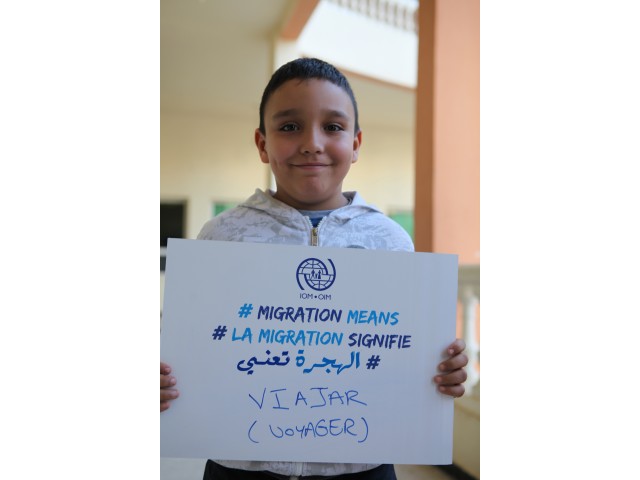Morocco’s main migration governance body is the Ministry of Moroccans Residing Abroad and Migration Affairs and supports mainstreaming of migration into development policies. The Ministry led the mainstreaming of migration into the National Strategy on Sustainable Development 2030, as well as the development of three National Strategies on Health and Immigration, Immigration and Social and Humanitarian Context, and Engaging Moroccans Abroad.
The Moroccan government’s success relies on strong national and regional coordination. National coordination happens through the MDCMRE Programme Committees which coordinate 20+ national ministries to support the implementation of the National Strategy for Immigration and Asylum. Morocco’s ongoing decentralization process builds local and regional competencies related to development planning. Regional coordination occurs through Regional Multi-Stakeholder Working Groups on Migration and Development which implement roadmaps developed in three regions (Oriental, Souss-Massa, and Tangiers-Tetouan-Al Hoceima).
IOM’s Mainstreaming Migration Programme (Phase II) supported the government to set up regional coordination mechanisms (multi-stakeholder working groups in migration and development). This Programme supported the development of 2 national sectoral strategies (PSNSI & SHAIR) and the development of 3 regional sectoral strategies (PSRSI).
The next phase of this Programme, the IOM-UNDP Global Programme on Making Migration Work for Sustainable Development, supports national and local authorities in Morocco to implement these policies for concrete results on the ground. Learn about M4SD’s work in Morocco. Morocco is also a GCM Champion Country, and its UN Country Team received training from the UNNM on GCM implementation.
